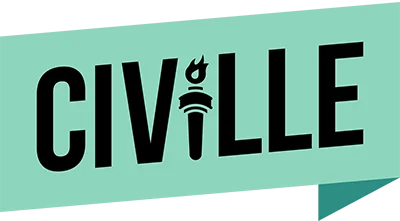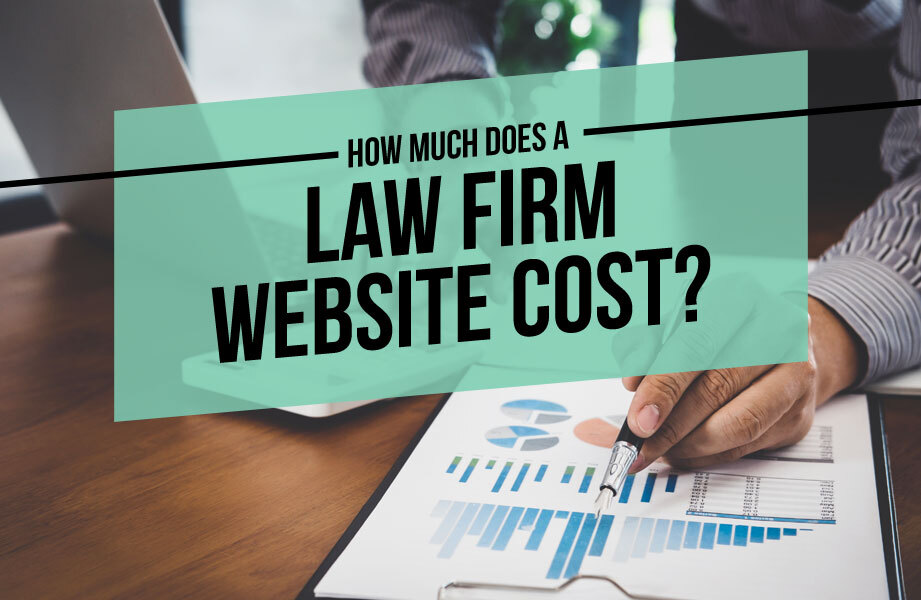
Austin, Texas, is not only known for its vibrant culture and thriving tech scene but also for its bustling legal market. As a law firm in this dynamic city, standing out among the competition and attracting new clients requires a strategic approach. Search engine optimization (SEO) is the cornerstone of a successful digital presence. This guide explores the key aspects of SEO for Austin law firms, providing actionable insights to help you gain a competitive edge in the online landscape.
Understanding SEO Competition in Austin
The legal market in Austin is diverse and competitive, with numerous talented attorneys vying for the attention of potential clients. To effectively navigate this competitive landscape, law firms must understand local SEO trends and audience behavior.
- Local Search Focus: Given Austin’s size and diversity, local search is paramount. When individuals need legal services, they often look for attorneys in their specific area, using keywords like “Austin family lawyer” or “Travis County criminal defense attorney.” Targeting these local keywords is crucial for visibility in search results.
- Industry Specialization: Specialization is key in the vast legal field. Targeting your SEO efforts to specific practice areas—such as personal injury, immigration, or business law—will help you connect with clients who have specific legal needs.
- Multilingual Considerations: Austin’s multicultural environment necessitates a multilingual approach. If your firm serves specific demographics, consider incorporating relevant keywords and content in the languages your clients prefer. This inclusivity can help attract a wider audience.
- Keeping Up with Trends: The legal industry is constantly changing, and so should your SEO strategy. Stay informed about emerging legal trends and adjust your keyword research and content accordingly. Analyzing competitor strategies can also provide valuable insights.
Understanding these competitive strategies is essential for laying the groundwork for a successful SEO campaign.
Starting with Technical SEO
Technical SEO is fundamental for establishing a strong online presence. It involves optimizing the technical aspects of your website to ensure search engines can easily crawl, index, and understand your content.
Key Technical SEO Elements
- Meta Tags and Descriptions: Create compelling meta titles and descriptions for each page on your site. These should include target keywords and a clear call to action (CTA).
- Schema Markup: Implement schema markup to provide search engines with additional information about your website’s content and practice areas. This can lead to richer search snippets, boosting your click-through rates.
- SSL Certificate: Ensure your website has a secure sockets layer (SSL) certificate. This not only protects user data but also enhances search engine rankings and builds trust with potential clients.
- Header Tags: Organize your website content using header tags (H1, H2, H3) in a logical hierarchy. This improves readability for users and search engines, allowing your target keywords to stand out.
- Image Optimization: Optimize your website’s images by using descriptive file names and alt text with relevant keywords. This helps search engines understand the content of your images and can improve your site’s ranking in image search.
Civille’s Approach: Civille offers a robust technical SEO foundation tailored to law firms. Their team conducts in-depth technical audits to identify opportunities for improvement. Civille’s website platform is optimized for mobile-first design, ensuring fast page speeds—essential for both user experience and search rankings. Even if you’re locked into a current website provider, Civille has the expertise to make a positive SEO impact across various platforms.
Website Design and SEO
A well-designed website enhances your brand image and plays a significant role in SEO. Here’s how design elements can contribute to your SEO efforts:
Key Design Elements for SEO
- Intuitive Navigation: A user-friendly website with clear navigation allows visitors to easily find the information they need, reducing bounce rates and keeping them engaged.
- Visual Hierarchy: Organize your website content with a clear visual hierarchy. Use images, videos, and infographics to make your content visually appealing and easier to digest.
- Mobile Responsiveness: A significant portion of online searches occurs on mobile devices. Ensure your website is mobile-friendly to avoid losing potential clients due to poor user experience.
- Internal Linking: Create a strong internal linking structure that guides users to relevant pages within your website. This keeps visitors engaged and helps search engines understand the importance of specific pages.
Civille’s Approach: Civille recognizes that aesthetics and user experience go hand-in-hand with SEO. Their team collaborates with you to create a visually appealing website that is strategically optimized for search engines. This includes conducting user experience (UX) research, designing a clear website architecture, and ensuring fast loading times. Even if most of your clients come through referrals, they’ll still be checking your website to confirm your legitimacy.
Website Page Speed and SEO
Website page speed significantly influences user experience and SEO rankings. Google prioritizes fast-loading websites, and slow loading times can lead to frustrated visitors and lower conversion rates. Here’s how to optimize your website’s speed:
Speed Optimization Techniques
- Image Compression: Reduce image file sizes without compromising quality to improve loading times.
- Minify Code: Remove unnecessary characters from HTML, CSS, and JavaScript files to decrease file size.
- Leverage Browser Caching: Enable browser caching to store static resources locally, reducing server load and improving page speed.
- Optimize Content Delivery Network (CDN): Use a CDN to distribute your website’s content across multiple servers, improving loading times for users in various locations.
Civille’s Approach: Civille builds the fastest websites in the legal sector. Their websites consistently score in the green zone across all categories on Google PageSpeed Insights. Test some of the website examples yourself to see the results!
Local SEO in Austin
Local SEO is crucial for law firms targeting clients within specific areas of Austin and the surrounding region. By optimizing your online presence for local searches, you can increase visibility and attract potential clients.
Key Local SEO Strategies
- Google Business Profile (GBP): Claim and optimize your GBP with accurate and up-to-date business information, including your firm’s name, address, phone number (NAP), website, hours of operation, and services offered. Regularly update your profile with posts and photos to keep it engaging.
- Local Citations: Build citations on directories like Yelp, Yellow Pages, and the Better Business Bureau to enhance your local search rankings and establish your firm’s authority.
- Localized Content: Create content specifically targeting Austin and surrounding areas. Incorporate location-based keywords and phrases in your website content, blog posts, and social media posts. Conduct keyword research to uncover long-tail keywords that answer the questions potential clients are asking.
- Neighborhood Targeting: Focus on specific neighborhoods where your target clients reside. Tailor your marketing efforts and content to meet their specific needs.
Civille’s Approach: Civille specializes in local SEO for law firms, helping them dominate search results in their target areas. Their comprehensive local SEO strategy includes GBP optimization, citation building, and localized content creation.
Unique SEO Opportunities in Austin
Austin presents unique opportunities for law firms to leverage SEO effectively. Here are some avenues to explore:
- Niche Practice Areas: Identify niche practice areas with high demand in Austin, such as tech law, family law, or estate planning.
- Community Involvement: Engage in local events and organizations to build brand awareness and generate positive online reviews.
- Leverage Local Influencers: Collaborate with Austin-based influencers or media outlets to reach a wider audience and boost your online visibility.
- Explore Long-Tail Keywords: Target long-tail keywords specific to Austin, such as “best divorce lawyer in Round Rock” or “personal injury attorney near Pflugerville.”
Starting Building an SEO Strategy For Your Austin Law Firm
SEO is a crucial element of a successful law firm marketing strategy in Austin. By understanding the competitive landscape, implementing technical SEO best practices, optimizing website design and speed, focusing on local SEO, and exploring unique opportunities, you can enhance your online visibility, attract potential clients, and grow your practice.
Remember, SEO is an ongoing process that requires continuous monitoring and optimization. Stay updated with the latest SEO trends and algorithm changes to maintain your competitive edge.
If you’re ready to take your law firm’s SEO strategy to the next level and connect with clients in Austin, reach out to Civille. We’re here to help you navigate the digital landscape and achieve your goals in this thriving legal market!





